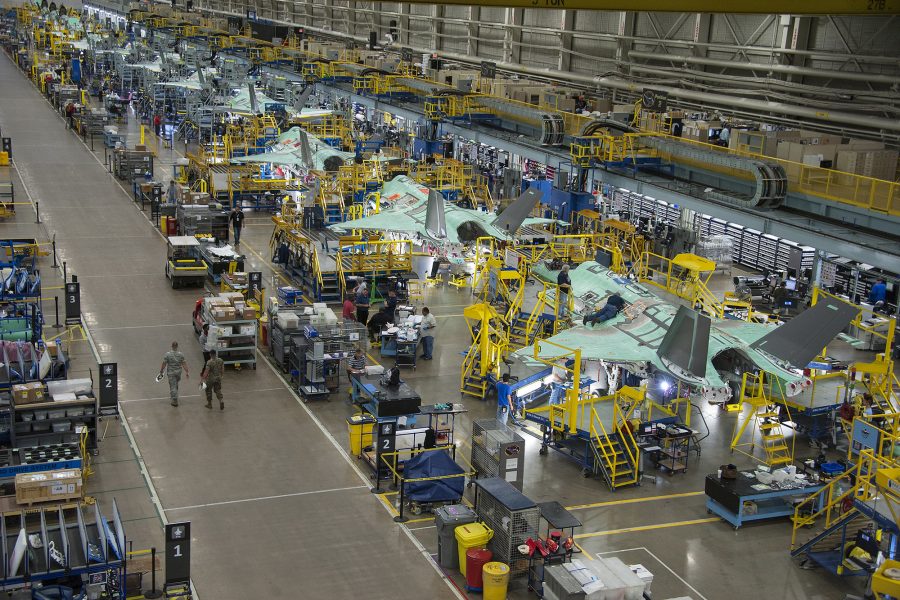SOURCE: AFI

Lockheed Martin announced on January 6 via a social media post that it delivered 110 F-35 jets in 2024, hitting the upper limit of a revised production target. This number reflects a significant adjustment from the company’s initial goal of delivering 156 jets annually, a commitment made only a few years prior. The reduction in the delivery target was primarily due to delays in certifying the Block 4 software for the newly installed Technology Refresh (TR)-3 avionics system.
The F-35 Joint Strike Fighter program, one of the most ambitious in military aviation history, has faced several hurdles. Among these, the certification of the TR-3 avionics upgrade, which was supposed to enhance the jet’s capabilities significantly, proved to be a bottleneck. The Joint Program Office (JPO) halted acceptance of TR-3-equipped jets starting in July 2023, leading to a delivery hiatus that lasted until the end of last July. During this period, Lockheed Martin managed to deliver a limited number of F-35s with the older TR-2 avionics, but the overall production schedule was undeniably disrupted.
Despite these challenges, the F-35A variant has demonstrated resilience, maintaining one of the highest production rates among fighter jets globally. This achievement is notable when compared to other Original Equipment Manufacturers (OEMs), many of whom have struggled to match similar production volumes amidst their own technological and logistical challenges.
The delivery of 110 jets in 2024, although below the original expectations, still represents a significant accomplishment for Lockheed Martin. It underscores the complexity of integrating advanced technology into combat aircraft while maintaining production lines. The TR-3 upgrade was intended to provide the F-35 with more processing power, memory, and enhanced avionics, paving the way for future Block 4 capabilities, including advanced sensor suites, additional long-range precision weapons, and improved electronic warfare features.
The software certification issues have not only delayed deliveries but have also had financial implications for Lockheed Martin. The company had to navigate through withheld payments from the JPO for undelivered jets, impacting its cash flow and earnings. However, the delivery of 110 jets demonstrates Lockheed’s ongoing commitment to the F-35 program and its ability to adapt to program setbacks.
Looking forward, Lockheed Martin, along with its partners and the JPO, is focused on resolving the outstanding issues with TR-3 and Block 4 software to stabilize the production and delivery schedule. The program’s success is crucial not just for Lockheed Martin but for the military forces of the United States and its allies, who rely on the F-35 for air superiority and multi-role capabilities in various theaters of operation.